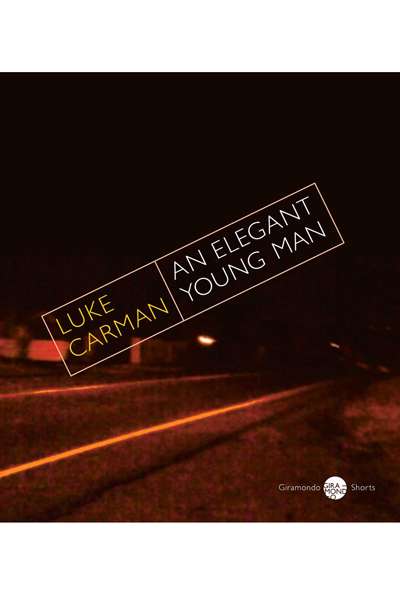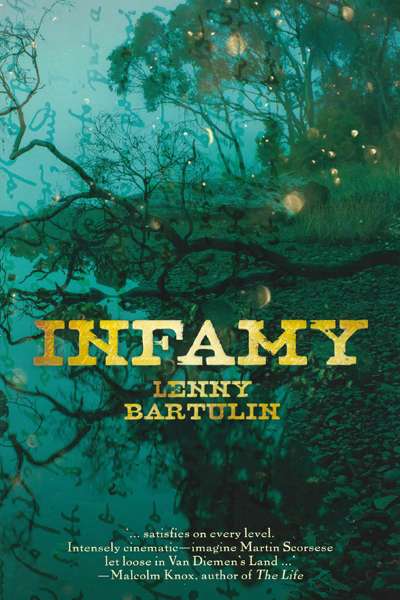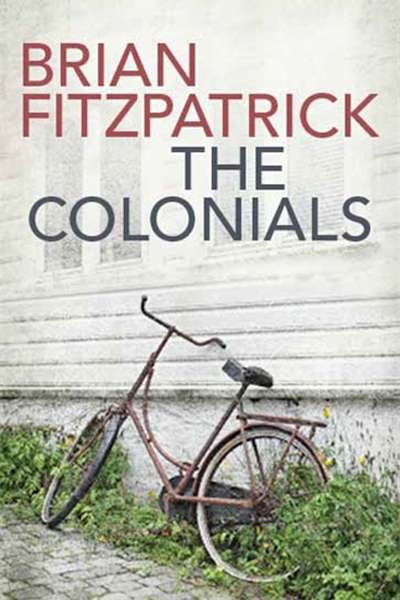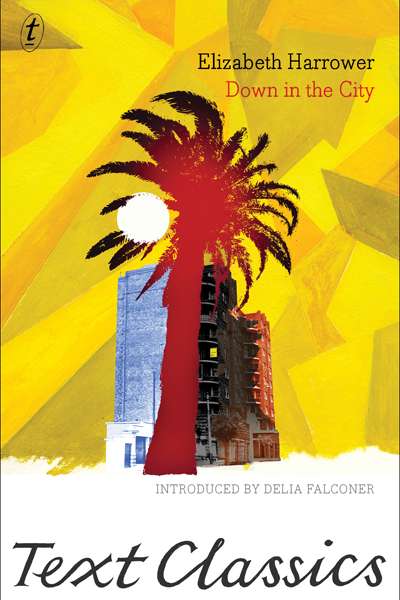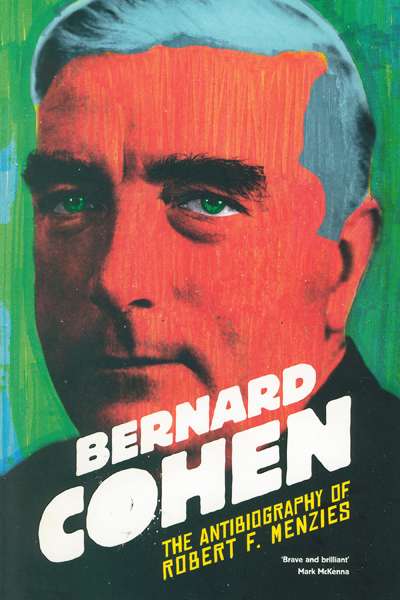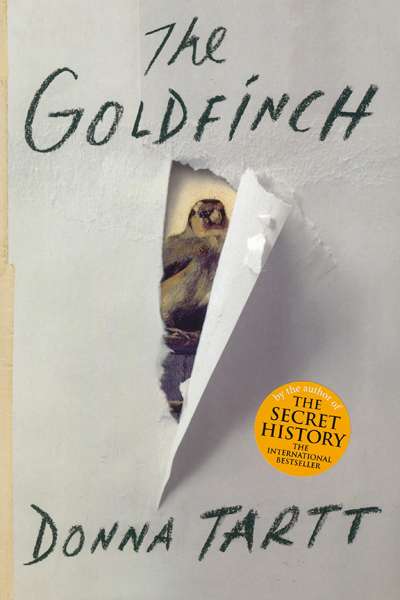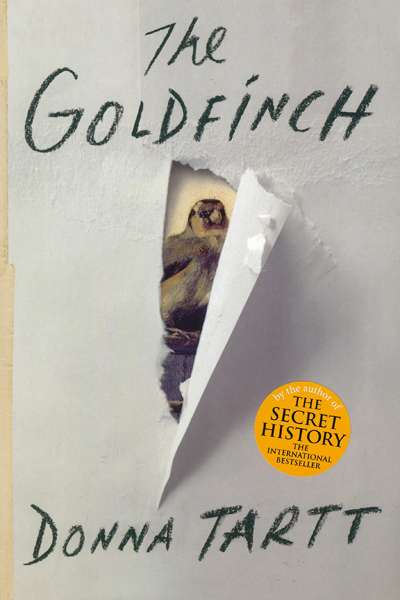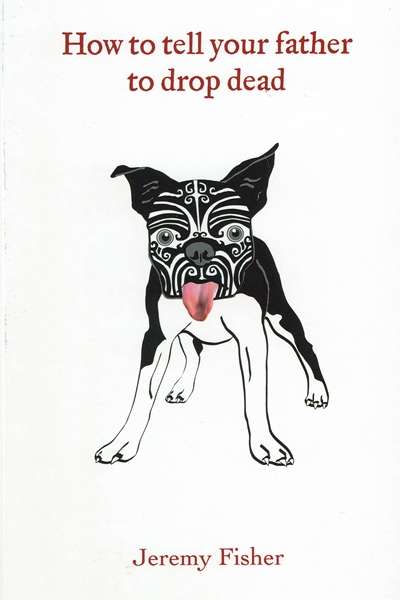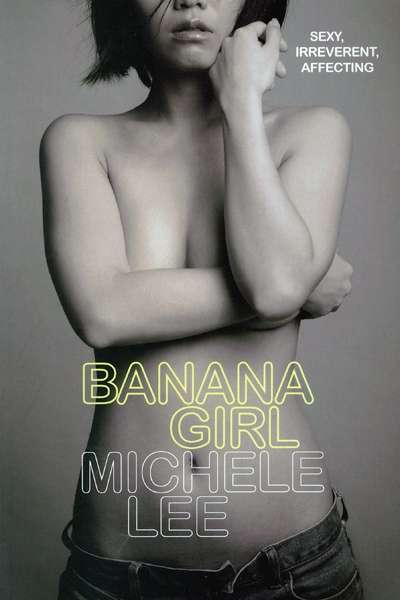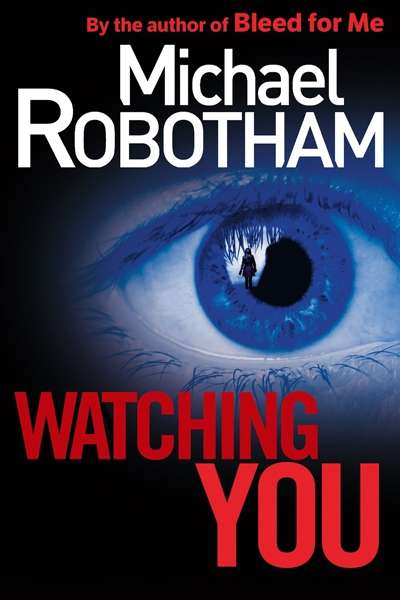Fiction
Late in his first collection of anecdotal short stories, Luke Carman’s narrator, also named Luke Carman, realises that the magic in a book he loves, Jack Kerouac’s On the Road, cannot be replicated in his own life. He is stuck in Australia, and ‘Australia is not the place for ecstatic truth.’ Stuck, to be precise, in Sydney’s western suburbs, depicted as an uncultured wasteland of ‘high-rises, methadone clinics and car yards’. A complicated patchwork of ethnicities blankets this terrain: ‘Fairfield is full of Latinos’, ‘Cabra’s all about Asians’, ‘Penrith is just scumbag Aussies’, etc. It is more melting pot than multiculturalism, as Carman shows the youth leading dismal lives of depressing homogeneity. On ‘bone-grey streets spare and grim’, they drift about, squawking broken, racist language at one another, the ennui lifting only when the war cry is bawled: ‘you wanna punch on?’
... (read more)Infamy comes packaged with a blurb declaring it to be an Australian western, and a testimonial from Malcolm Knox, who compares this evocation of the hellish convict colony of Van Diemen’s Land in the 1830s with the imaginative achievements of Martin Scorsese. Neither claim is quite right. Bartulin’s narrative style does have affinities with a certain sort of action movie: the reader is wrenched from short take to short take, with one clutch of characters momentarily left in peril while the plight of others is unveiled. This builds suspense and mostly works, but the relentless violence is more reminiscent of Peckinpah than Scorsese. And, although that does put Infamy in the realm of the western, the tale keeps drifting towards the mood and conventions of an earlier Hollywood genre, the swashbuckling adventure movies of the 1930s. This is The Wild Bunch meets Captain Blood.
... (read more)Brian Fitzpatrick – a notable historian, intellectual, and civil libertarian – was a prominent Melbourne figure in the middle of the twentieth century. He died in 1965 and survives partly as the central figure in Sheila Fitzpatrick’s poignant memoir My Father’s Daughter (2010), an affectionate and yet painfully honest book. It describes Fitzpatrick’s difficult marriage, his awkwardness in relationships, the frustrations of his career, and, above all, his drinking. Around the time his daughter was born, Fitzpatrick published two books that made a significant mark on Australian historiography: British Imperialism and Australia, 1783–1833 (1939) and its sequel The British Empire in Australia: An Economic History 1834–1939 (1941). Sheila Fitzpatrick credits these works with an important role in prompting Manning Clark to repudiate an economic view of Australian history in favour of his grand narrative of competing philosophies.
... (read more)Elizabeth Harrower’s début novel was first published by Cassell in London in 1957. Down in the City begins with a hymn to Sydney, with its beaches, harbour suburbs, city arcades – and disreputable Kings Cross, ‘a haven for the foreigner and racketeer; a beacon for long-haired boys, mascaraed women and powdered men. It is Montmartre: it is bright and wicked.’
... (read more)The Antibiography of Robert F. Menzies by Bernard Cohen
Above the line’, a narrator begins a story. At a specific moment in time, a specific fictional character appears and something is about to happen. ‘Below the line’, another narrator begins a different story, a story in notes, footnotes, ‘citational backup’ for the story ‘above’. You have begun reading Bernard Cohen’s new novel: a work in story and notes, a game, a play of genre, a performance.
Donna Tartt has produced just one novel a decade so far: The Secret History, which came out in 1992 to enormous success; The Little Friend, ten years later, which barely rippled the surface of the literary world; and now The Goldfinch, which I suspect will achieve at least the standing of her first novel. Her novels possess a signature of sorts: crisply polished prose, perfect syntax, beautifully observed places and events, tricky characters, and unresolved crimes. They also explore the difficult world of adolescence, with their principal characters either witness to, or active participants in, those crimes. To this extent they possess a family resemblance to crime fiction; but they refuse to obey its conventions. The world is not restored to order at the end of her novels; the guilty are not punished, or the innocent rewarded. Instead, events and consequences roll indifferently on, unconcerned by fairness or justice or right, leaving the narrator to stumble through an attempt to make sense of what is in fact almost entirely random.
... (read more)Donna Tartt has produced just one novel a decade so far: The Secret History, which came out in 1992 to enormous success; The Little Friend, ten years later, which barely rippled the surface of the literary world; and now The Goldfinch, which I suspect will achieve at least the standing of her first novel. Her novels possess a signature of sorts: ...
How to Tell Your Father to Drop Dead by Jeremy Fisher
The title of Jeremy Fisher’s latest tome is deceptive. This reviewer expected a zany children’s book. Actually, How to Tell Your Father to Drop Dead is a subdued look at masculinity in Australian history. The text comprises autobiographical fragments and short stories. Fisher recalls growing up in a culture where homosexuality was ‘invisible’. He describes the heady days of the Gay Liberation movement in the 1970s. The author remembers his relationship with his father. The older man is described as an Errol Flynn lookalike who, at the age of sixteen, killed a boar and whose body was (decades later) cremated alongside that animal’s tusks. There is a piece on gay male sadomasochism in Sydney’s western suburbs.
... (read more)Writing a memoir at the age of thirty may seem like an exercise in self-indulgence: what wisdom could one possibly impart amid the universal tumultuousness of the Saturn Return? Seemingly aware of the predicament, the author of Banana Girl doesn’t pretend to deliver any answers, her memoir instead giving a more immediate snapshot into the life of a twenty-something; specifically, the life of Michele Lee, an Asian-Australian playwright on the cusp of thirty, living in Melbourne’s inner north.
... (read more)Ever since Raymond Chandler decreed in The Simple Art of Murder (1950) that ‘Down these mean streets a man must go who is not himself mean, who is neither tarnished nor afraid’, writers of hard-boiled crime fiction have queued up to take a shot at creating a hero who is less of a paragon than Chandler’s prescription and therefore supposedly more credible. Some, like James Ellroy, even abandon the project altogether, declaring the streets of the modern Western city to be so detestably mean that no one resembling Philip Marlowe could possibly be found on them.
... (read more)

